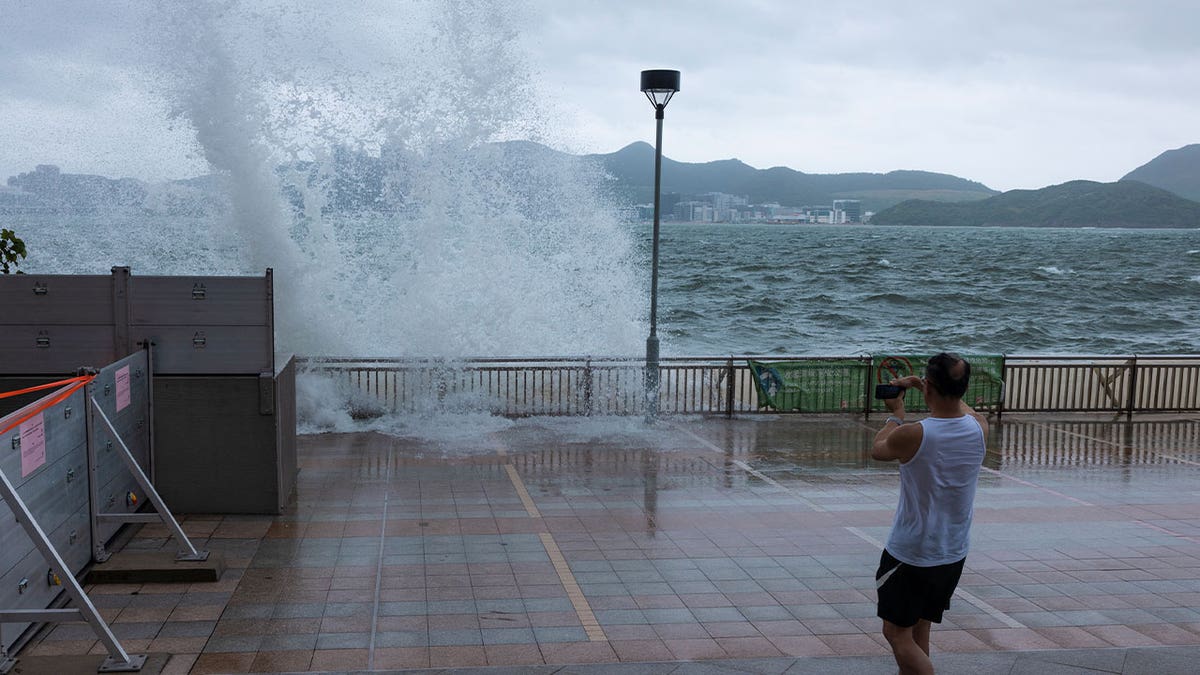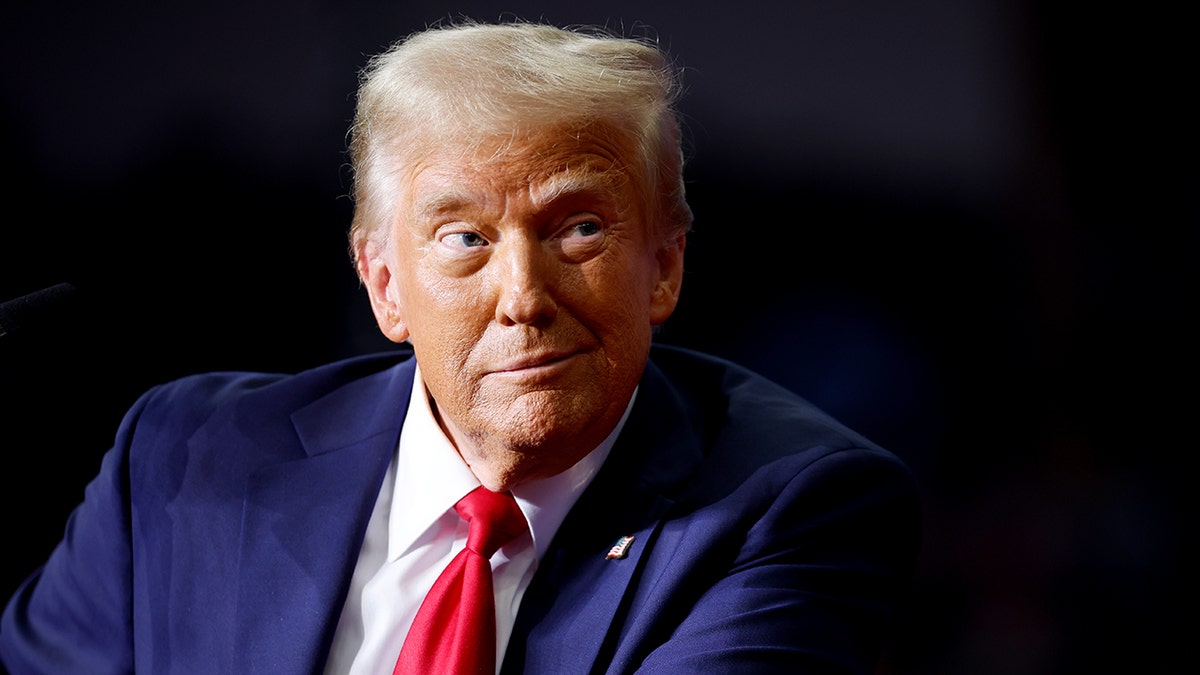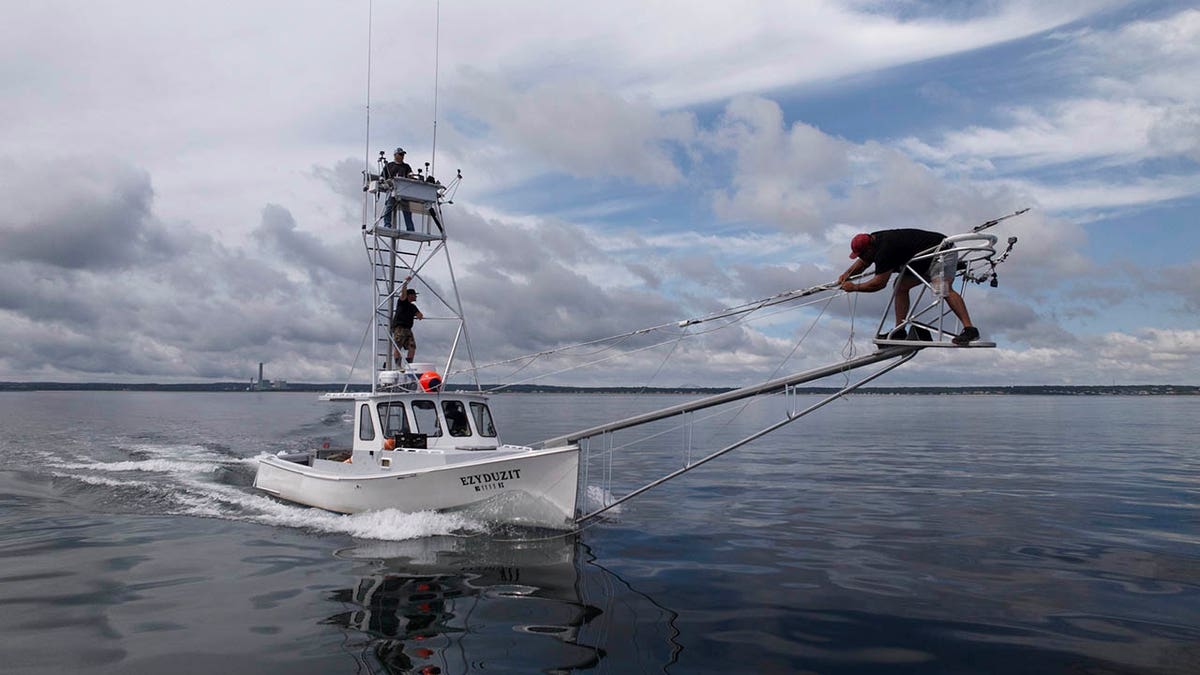Former President Donald Trump is reportedly planning a significant restructuring of the State Department upon his potential return to office. Sources suggest this involves immediately placing new officials into key operational roles, ensuring the department reflects his foreign policy agenda from the outset.
This approach deviates from the norm, where career diplomats typically manage these positions while political appointees await Senate confirmation. The Trump team intends to install "senior bureau officials" to oversee career employees, ensuring alignment with Trump's policies. Over 20 key roles are reportedly affected by this initiative, with some existing officials being asked to step aside, according to sources and reports.

A transition team spokesperson emphasized the appropriateness of seeking officials who share President Trump's vision, citing the need for a committed team to address perceived failures. Reports indicate that three senior career diplomats were asked to leave their roles, overseeing the State Department's workforce and internal coordination.
These diplomats, who have served under both Democratic and Republican administrations, were allegedly asked to resign, a departure from the usual practice for career diplomats who typically remain in their positions across presidential transitions.
This move aligns with Trump's history of criticizing the "deep state," suggesting a broader effort to reshape the bureaucracy. His previous labeling of the State Department as the "Deep State Department" reflects his skepticism of career diplomats. He is expected to collaborate closely with his potential Secretary of State nominee, Marco Rubio, who has expressed a commitment to aligning the department with Trump's "America First" agenda and revitalizing its relevance.
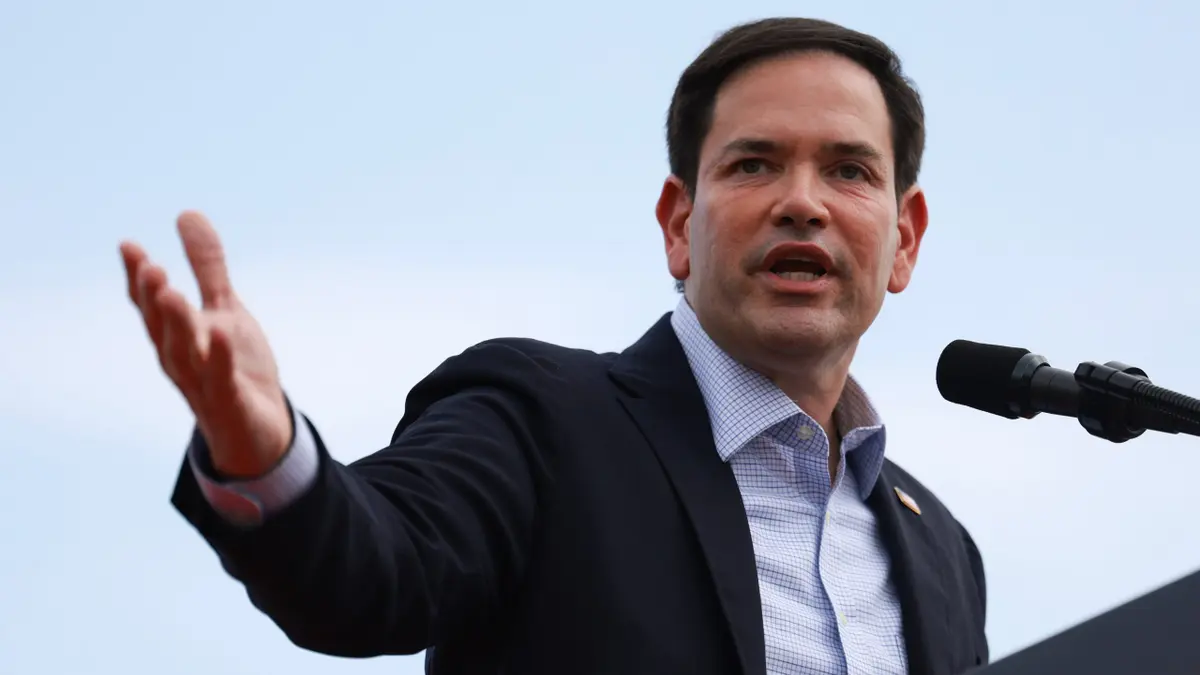
Rubio has criticized the State Department's declining influence and slow pace of action, advocating for a clearer definition of its core mission within the federal government. He emphasized the need for the department to be a key player in decision-making and a source of innovative ideas and effective implementation.
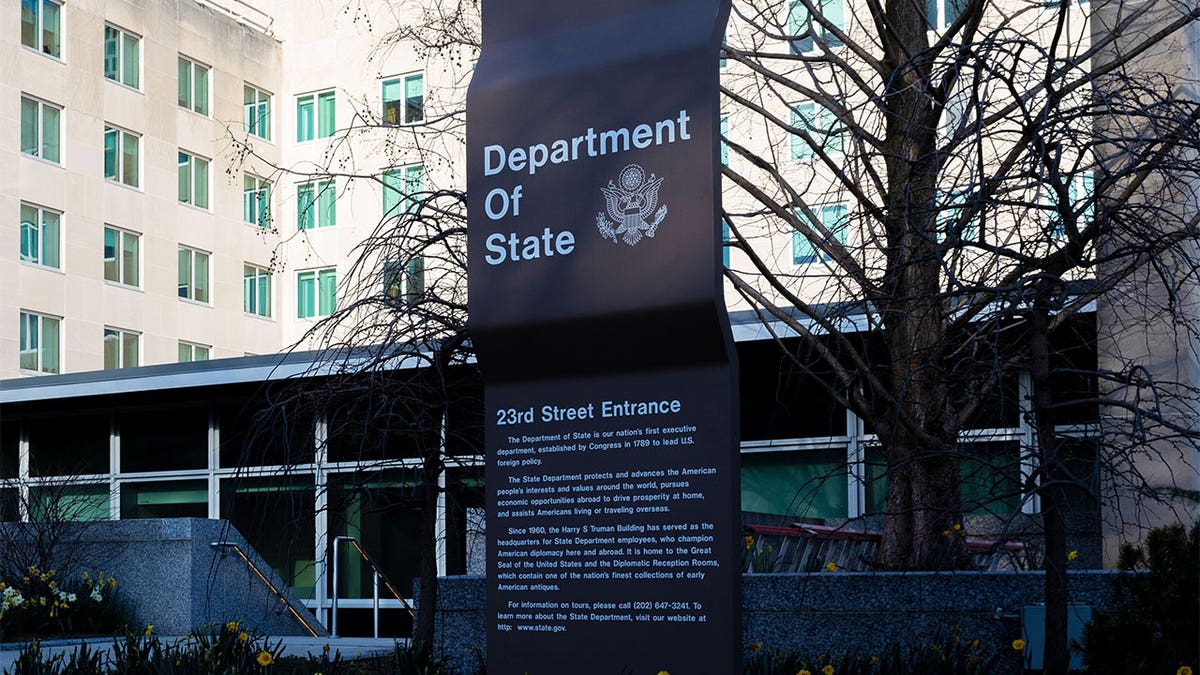
Furthermore, Rep. Brian Mast, chairman of the House Foreign Affairs Committee, has expressed his intention to identify and address what he perceives as "woke" funding programs within the State Department, targeting those who prioritize initiatives perceived as unrelated to U.S. national security interests.

